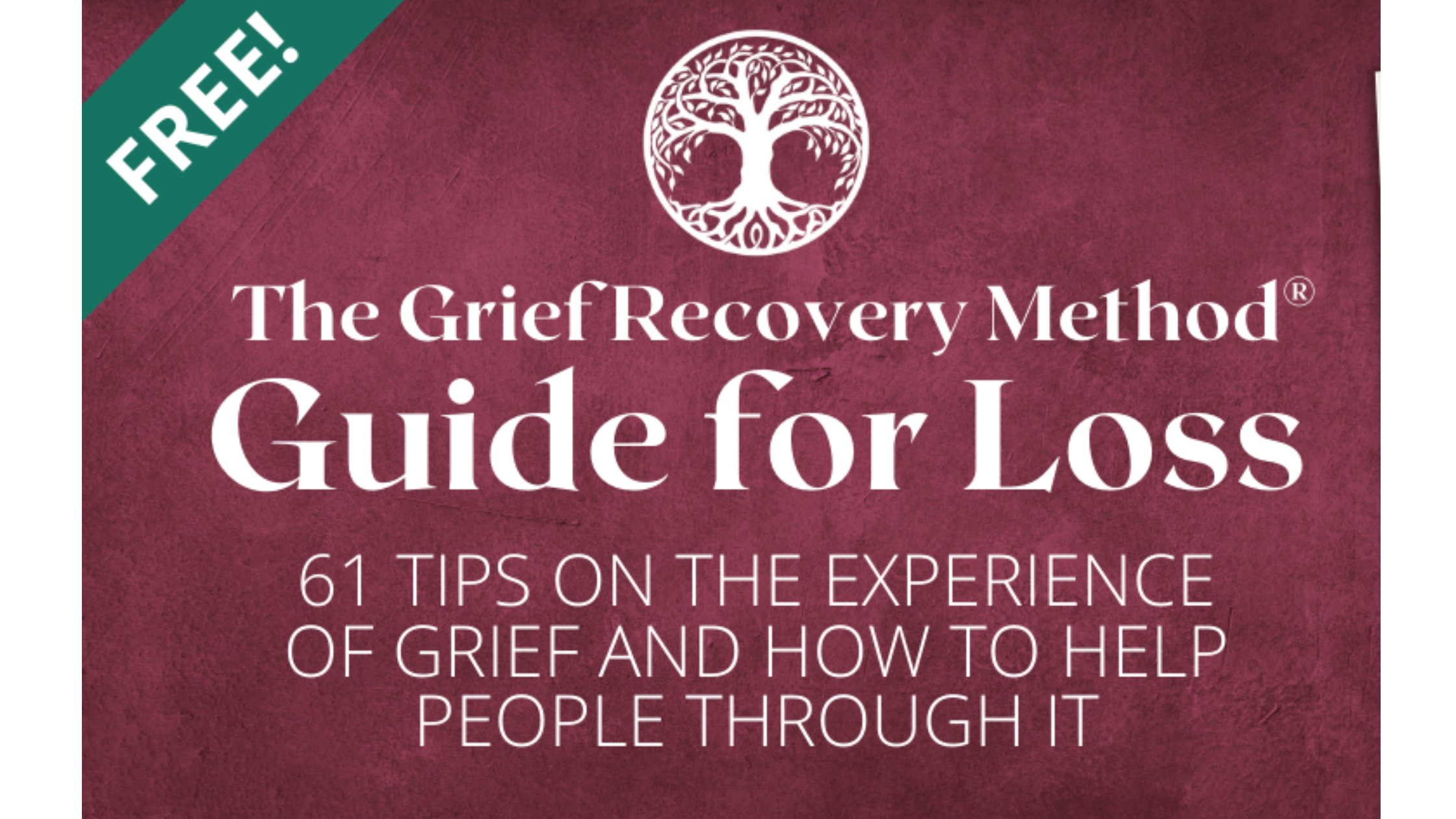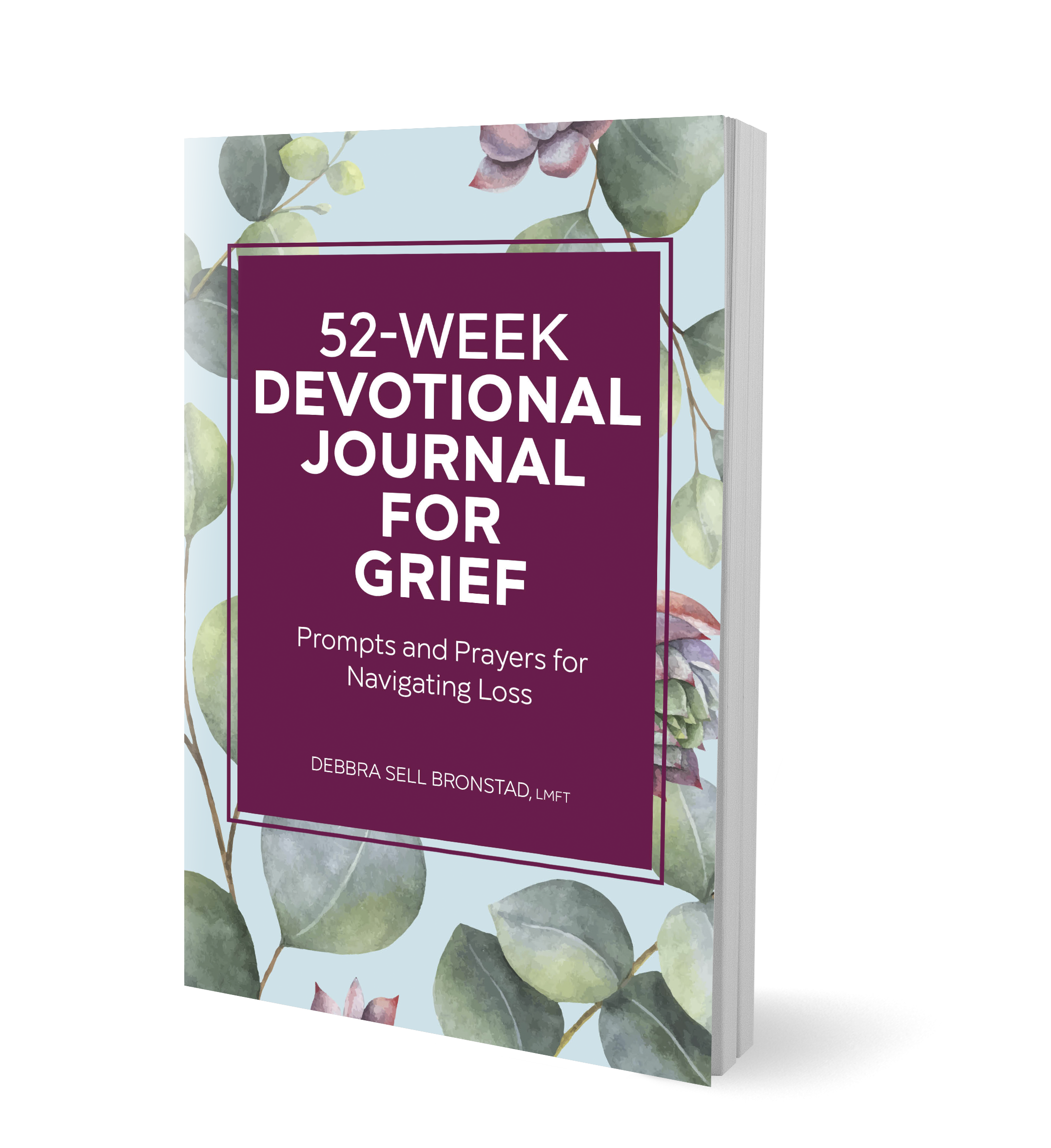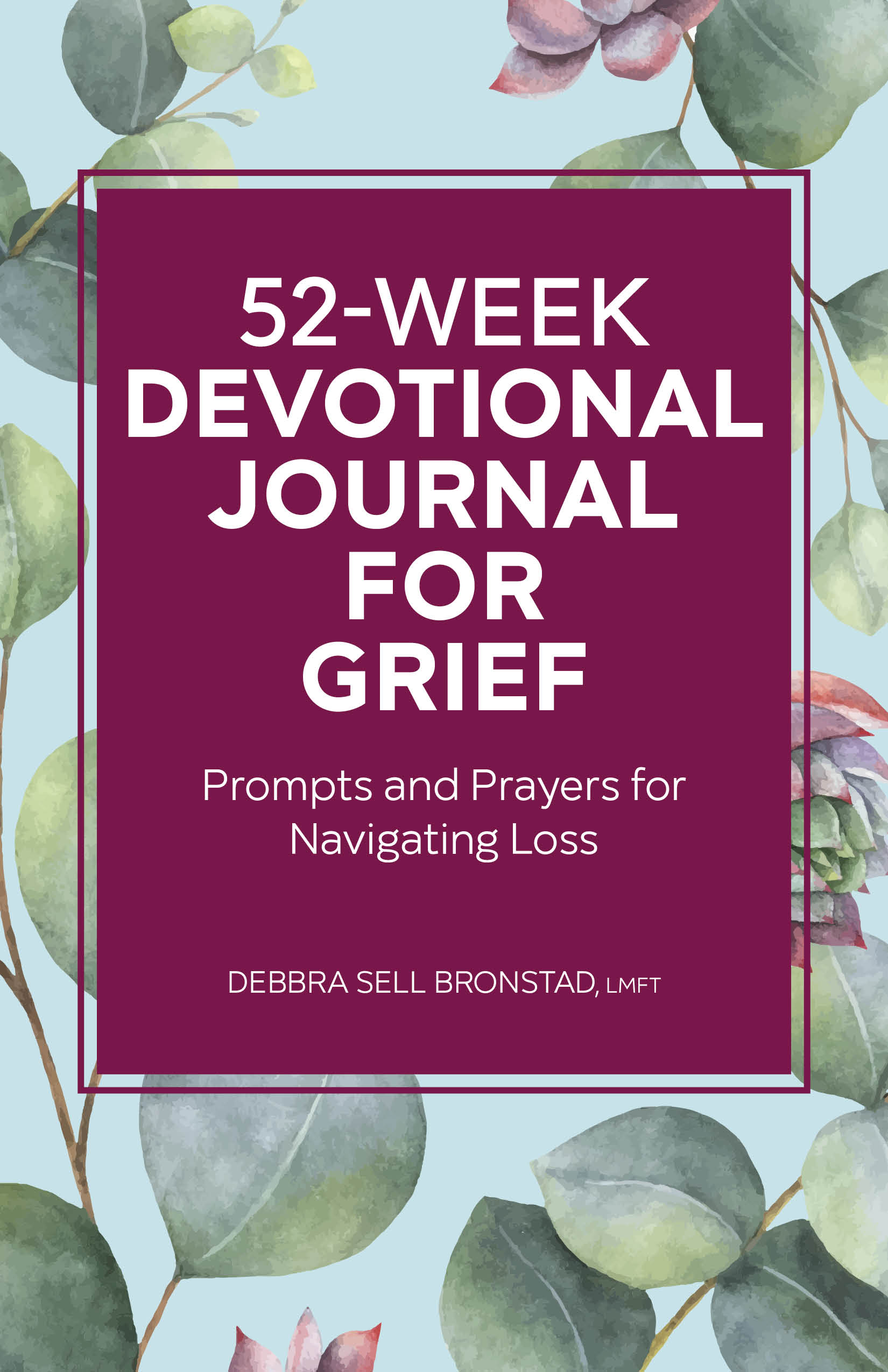Grief Journaling
Grief journaling is a way to purposefully give your heart time to express the varied emotions you are feeling about your loss.
Often it seems easier to stuff the feelings in order to take care of daily responsibilities. This can especially be true several months or even years after a significant loss. The world around us doesn't wait for us to finish grieving. There are others to care for, assignments to complete at work or school (or maybe both), the house and car need repairs. There can be so many needs calling for our attention.
After a while, we may appear on the outside like we're doing okay, but we still feel an emptiness or numbness inside. You wonder if you'll ever truly be happy again.
You may notice that your coping mechanisms either aren't working as well anymore to help you avoid the pain. Compulsive behaviors may be causing additional problems in your life and relationships.
Or it could be, you simply recognize the need to care for your soul during this time of sorrow.
In any case, writing may be a way for you to release some of the pain, fears, anger, anxiety, and sorrow that you’ve been carrying for a long time. Research has demonstrated that writing about feelings can help people feel better emotionally, and even physically reduce pain and stress when practiced as a consistent habit.
Journaling is not about perfect grammar or crafting beautiful prose. It’s about telling the truth of your heart — perhaps for the first time. It’s a safe, private space to be raw and real with your thoughts, your questions, and your prayers. It allows you to make space for both lament and hope.
Many people also find that as they write, they reconnect with meaningful memories or insights that help them reframe their experience. With time, grief journaling can become a spiritual practice — one that honors both the depth of your loss and the resilience of your spirit.
There’s no “right way” to grieve, and no timeline to follow. But writing can help you listen to what your heart needs next — and offer it the care, compassion, and healing attention it deserves.
Scroll down below for more on Difficulties with Grief Journaling and some Journaling Prompts.

Difficulties with Grief Journaling
Grief journaling can be a powerful tool for healing, but it’s not always easy. Many people struggle with knowing where to begin—facing a blank page when emotions feel overwhelming or unclear can be intimidating. Some fear that writing down their thoughts will make the pain feel worse, not better. Others worry about being “too emotional” or judge themselves for what they write, expecting their journal to be polished or profound rather than raw and honest.
It’s also common to avoid journaling because it brings up memories or feelings we’ve been trying hard to suppress. The act of sitting still with our grief can feel vulnerable and even exhausting. In the busyness of daily life, it’s easy to dismiss journaling, especially when grief doesn’t follow a predictable timeline.
But the very resistance we feel can be an invitation—a sign that there is something our hearts are longing to express. Giving ourselves grace and permission to write imperfectly, sporadically, or even tearfully can make all the difference. Grief journaling isn’t about doing it “right”—it’s about creating space to be real with your pain, your memories, and your hope.
Here are some tips for overcoming grief journaling difficulties:
Challenge: Concern about flooding of emotion
1. Set a timer for 15 minutes or 30 minutes depending on what you can tolerate. Write for only that amount of time and stop. Make a decision to create a habit to do this daily, weekly, or a couple of times a week to honor your grief.
Challenge: Blank pages and not sure what to write
2. Use lists in your journal. Journaling does not have to be complete sentences and paragraphs. Lists help you express your thoughts and feelings in a brief and effective way.
- List what you need to do that day.
- List the things you are grateful for.
- List who you can count on for support in your community.
- List your self-care plan. What would help you feel better this week?
- List things I miss about my loved one
- List what I wish I had said or done
- List things you've lost that others may not see
- List the hardest times of day (and why)
- List emotions you’ve felt this week
- List things that trigger your grief
- List fears you've have since the loss
3. Here are some additional journal starters:
- Write about the day your loved one died? How did you find out? What was your experience like of that day?
- Write a stream of consciousness. What are you thinking or feeling today?
- What feeling(s) are you avoiding?
- What do you wish someone had said or done for you on the day of the funeral?
- What do you need someone to do for you today?
For more journaling prompts, take a look at my book, available on Amazon and other online book retailers, 52-Week Devotional Journal for Grief.
The 52-Week Devotional Journal for Grief is a compassionate guide for navigating the pain of loss. With weekly scriptures, heartfelt devotions, and reflective journaling prompts, this book offers gentle structure and spiritual support for your healing journey. Whether you're grieving the loss of a loved one recently or carrying sorrow from years past, this journal provides a safe space to process your emotions and draw closer to God through writing.
Return Home from Grief Journaling




